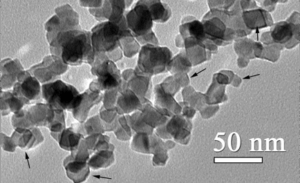
Titanium dioxide has been a problematic food additive for years. The European Union banned the additive several years ago, while the FDA views titanium dioxide as safe. Recently, the company (Mars) that makes the candy Skittles announced that it was removing the additive from the ingredients.
Well, it took a lawsuit filed in 2022 alleging that Skittles are "unfit for human consumption" (because of the ingredient titanium dioxide) to finally have the manufacturer remove it from the product. Removing titanium dioxide won't change the taste - it's only used as a "brightener" (makes colors brighter).
In the past decade, a number of studies found that the nanoparticle ((between 1 and 100 nanometers) form of titanium dioxide to have harmful health effects, especially to the gut (intestines) [see post]. This is the form typically used in over 11,000 products in the US, all ultra-processed (many candies, baked goods, gum, frosting, snack foods, etc.)
Bottom line: Read food ingredient lists, and avoid titanium dioxide (if possible).
From Medical Xpress: Skittles removes controversial additive targeted by RFK Jr.
Mars Inc.'s Skittles candies are no longer being made with titanium dioxide, a chemical that whitens foods, brightens colors and makes candy appear shiny, the company confirmed to Bloomberg News. ...continue reading "Titanium Dioxide Will No Longer Be Added To Skittles"

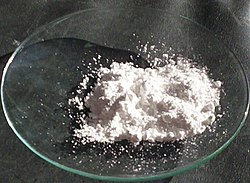
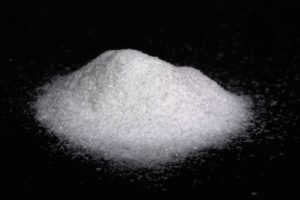 Once again artificial sweeteners are in the news, and not in a good way. New
Once again artificial sweeteners are in the news, and not in a good way. New  Over the past decade there has been as increasing amount of research suggesting that the herpes virus (cold sores!) is implicated in the development of Alzheimer's disease. (
Over the past decade there has been as increasing amount of research suggesting that the herpes virus (cold sores!) is implicated in the development of Alzheimer's disease. ( Exercise boosts brain function at all ages. This means that for both young and old, it is worth it to get out and engage in physical activity.
Exercise boosts brain function at all ages. This means that for both young and old, it is worth it to get out and engage in physical activity.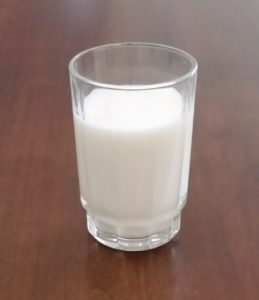 Many people (even health professionals) are still under the impression that dairy products made from milk are unhealthy. NOT TRUE. Consuming dairy products, especially whole milk products, is
Many people (even health professionals) are still under the impression that dairy products made from milk are unhealthy. NOT TRUE. Consuming dairy products, especially whole milk products, is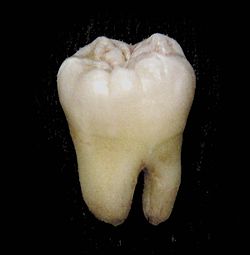
 Typically, our vitamin D levels drop in the winter months when we don't get as much sun exposure. After all, it is called the sunshine vitamin. However, a new
Typically, our vitamin D levels drop in the winter months when we don't get as much sun exposure. After all, it is called the sunshine vitamin. However, a new  Uh oh...So many environmental regulations dealing with the environment are being overturned this year. In addition to changing the mission of the EPA (it's no longer to protect us and the environment, but instead to roll back regulations and costs - in other words, pro polluters and Big Business), the Senate is doing its bit to make our air and water dirtier.
Uh oh...So many environmental regulations dealing with the environment are being overturned this year. In addition to changing the mission of the EPA (it's no longer to protect us and the environment, but instead to roll back regulations and costs - in other words, pro polluters and Big Business), the Senate is doing its bit to make our air and water dirtier.